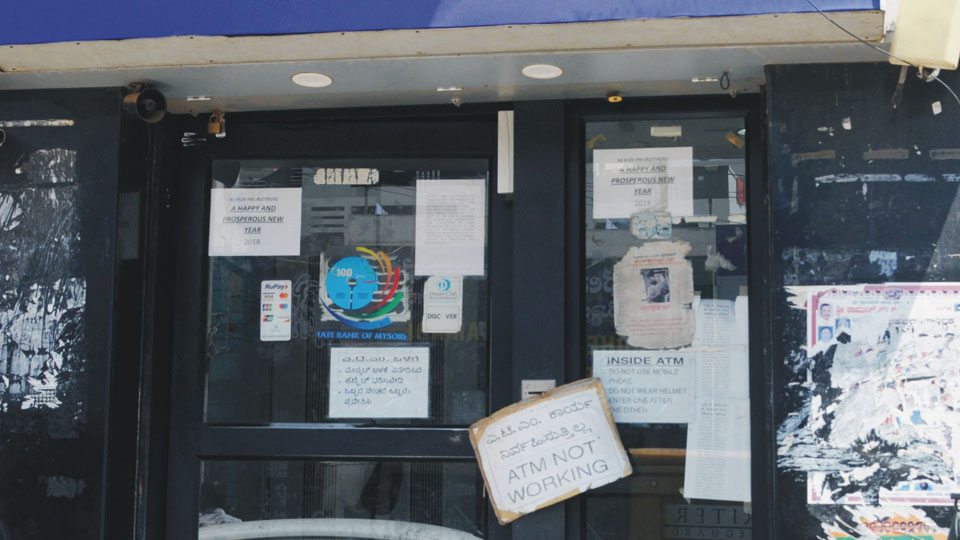A Kannada proverb succinctly expresses the societal status of a person with his pocket jingling with cash (Duddiddavane dodappa). One who has years of dealing with people behind him has rightly remarked that if your pocket is empty, even one rupee seems costly. A lay definition of inflation being “Too much money at the command of people but the supply of consumer goods not matching the volume of cash in circulation,” the dramatic measure of demonetising high denomination paper currency in the country on November 8, 2016 ostensibly to keep in check the supply of cash in the land, invited both bouquets and brickbats, depending on the varied relationships people had with cash. While at first sight it was made out that only those who had amassed wealth in hard cash unlawfully and also those flush with fake currency would be hit, subsequent debates across the board has revealed that the worse hit people were small traders in urban space and also the farming fraternity for whom cash has been a daily necessity to lead normal life.
Even as demonetisation drew flak from even common people in the country’s populace because of their unpreparedness to deal with the contingency of exchanging their stock of high denomination paper currency for lower denomination notes, the Union government implemented the other dreaded measure of Goods and Services Tax (GST)on July 1, 2017 virtually adding fuel to fire raging across the country, particularly in trading circles.
Knowledge of rocket science is not required to be aware of which section of the land’s population has the undisclosed custody of the nation’s currency (stored in brief cases enabling easy and speedy change of hands). These well-marked shady custodians of paper currency in denominations approved by the nation’s Reserve Bank of India (RBI) continue to call the shots flummoxing the top brass in the Union government, clueless on how to rein in the offending flock. The latest combined fallout of demonetisation by the government and clandestine continued hoarding of currency by you-know-who is countrywide cash crunch, with Automated Teller Machines (ATMs) running empty and banks resorting to rationing of currency delivery to their account holders.
If the abrupt shortfall in the total volume of currency in the country means that the pockets of people at large are no longer jingling with money, one may fondly hope that inflation may not hurt them more than at present. The ongoing cash crunch prompts one to cite the Voltaire (1694-1778) quote that everything happens for the good of somebody. Example: When famine happens, vultures feast on corpses.








Recent Comments